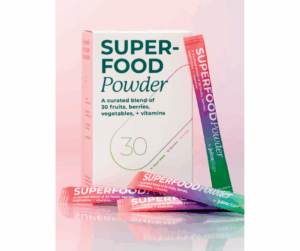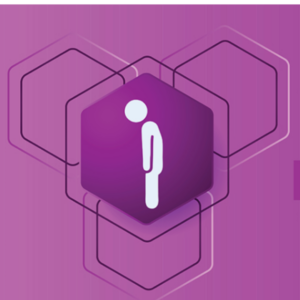There is aging, which is not preventable, and then there is premature aging, which is. The goal of functional medicine is to stay healthy, active and fit into our eighth, ninth decades and beyond – to postpone symptoms of aging until we are close to the end of our lives. Currently, many Americans start to feel declines in stamina, vision and flexibility decades before the end of their lives. That is premature aging and that is what is, in large part, preventable.
The same factors that result in the current epidemic of chronic illness and contribute to premature death are also responsible for premature aging. It’s our diet and lifestyle, our environment, what we tell ourselves, our relationships and our community. All of which, put together, is what is known as our exposome.
Here are 9 tips to help to slow down the aging process and allow us to age gracefully – to be healthy until the very end of our hopefully, very long life:
- Optimize your nutrition. Eat a plant-based, Mediterranean-style diet. Cover 60 to 80% of your plate with vegetables and other plants, both raw and cooked, as each offers different nutrients. Nutritional deficiencies cause long-latency diseases – meaning they begin and continue long before symptoms appear or a diagnosis is made. Nutritional deficiencies over the course of a lifetime cause premature aging. Certain nutritional deficiencies, even just short term, cause premature aging. Even eating “very well” does not ensure adequate phytonutrients and antioxidants to counteract the pollution we breathe and the toxins we have internally and that we are all exposed to. As we age, we often need more nutrients to combat the inevitable wear and tear over time, however, in many cases, we eat less as we get older and we have other factors that also impact the need for nutrients, as well as aging in general.
- Consume more protein. We require additional protein as we get older to maintain our bone mass and our muscle mass. Experts disagree on the actual amount but somewhere between 20 and 30 grams of protein at every meal is encouraged to prevent muscle loss. Legumes and other vegan options work if you are careful. I like to add eggs and seafood.
- Minimize sugar. Sugar really does rot your brain – it was not an idle parental threat. It is also unhealthy in many other ways; do your best to limit or avoid sugar beyond what is in food.
- Limit prescription medications. Prescription medications and polypharmacy are causes of premature aging and death. In addition, many prescription drugs cause nutritional deficiencies which, then in turn, promote premature aging. Some of the commonly prescribed drugs include acid blockers, also known as H2 blockers, which block the absorption of B12, protein and minerals. If these drugs are used for extended periods of time, they can lead to osteoporosis, hip fractures, muscle loss and gall bladder dysfunction, and make us more susceptible to infections such as H. Pylori, C. Difficile and pneumonia. Antibiotics are often prescribed without a thought to nutrition, but they alter the microbiome, which is the source of several of our nutrients. Antibiotics also deplete us of Vitamin C, Vitamin K, many of the B vitamins, potassium, and zinc. The non-steroidal anti-inflammatories (NSAIDs) can deplete us of folate, which is a critical nutrient. Statins are known to deplete Coenzyme Q10, but they also deplete zinc, selenium and copper. CoQ10 depletion also occurs with beta blockers, which are commonly used to treat hypertension. Estrogen replacement requires additional B vitamins, CoQ10 and magnesium. Over time, the constant exposure to these medications combined with our habit of not taking in enough nutrients, causes us to become nutritionally deficient, and age prematurely .
- Work with a forward-thinking health care provider and measure, don’t guess, your blood levels of certain key nutrients. Lab tests for inflammation, autoimmunity, total toxic burden, genetic variations that matter, and other tests appropriate to your health story can reveal important issues you can address. The panel of tests conventional doctors typically order have not changed in the past 30 years, yet our knowledge certainly has. Do not let insurance policies dictate your preventive care.
- Sleep changes occur as we age, however, it is not true that we need less sleep as we age. We still need the same amount of sleep as we always did – it just may be harder to get it. Having good sleep habits is vital to maintaining brain health as well as repairing the wear and tear of the day.
- Move more, not less. We actually need more exercise as we get into our 50s, 60s and beyond. Not the same kind, necessarily, but more frequent moving of our joints and fascia, work on balance and combating muscle loss aggressively with weight training or other activities. It is truly a case of “use it or lose it.”
- Challenge your brain. We should always be trying to learn new things, to grow and explore and to keep the brain occupied with artistic and intellectual endeavors – including music and art, learning new languages and solving puzzles. Trying new things will help to keep our brains as limber as we’d like our bodies to be.
- Connection, community and purpose all are vital to healthy aging, and to living a long and joy-filled life.






